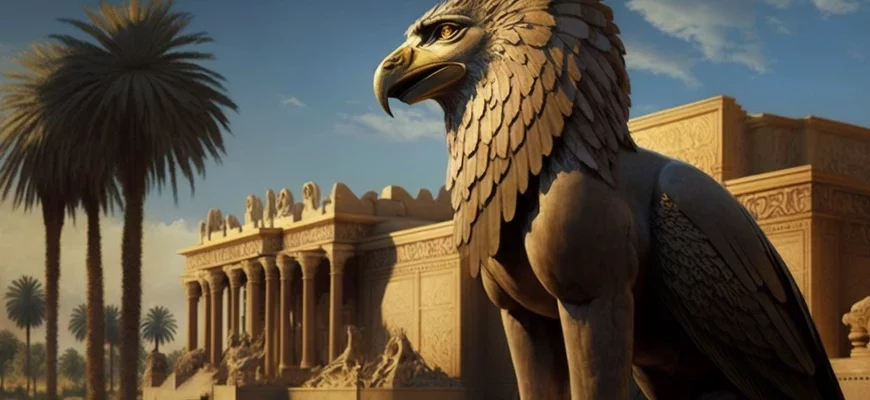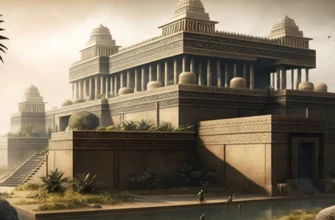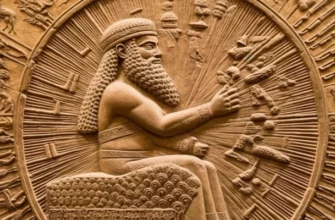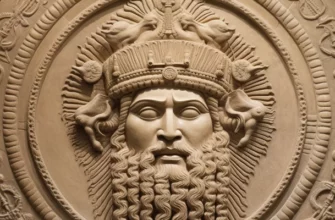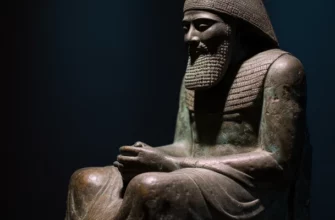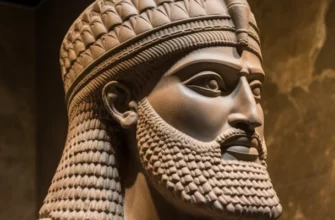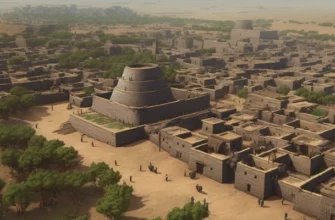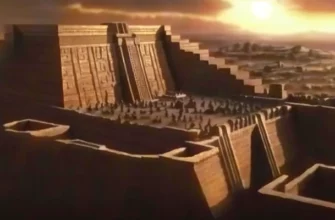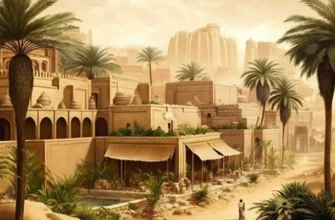Mesopotamia, one of the oldest regions in the world, is known for its diverse mythology, which reflects the religious and cultural views of the peoples who once lived there. This mythology featured many gods, each of whom had their own functions and was associated with different phenomena. The main myths of Mesopotamia told of the creation of the world, the interaction of gods with humans, and the struggle between good and evil. The myths of Mesopotamia had a great influence on the culture, art, and history of the time and became the basis for further religious thought. Today, Mesopotamian mythology is a well-studied and interesting topic for research in archaeology, history, and cultural studies.
The religious context of Mesopotamia was very diverse and complex. There were many peoples with different religious beliefs in this region, and their gods had different names and functions. The gods of Mesopotamia reflected natural phenomena that were important to the people of that time, such as the Sun, Moon, Earth, and water. In Mesopotamian mythology, people were considered subjects of the gods, who had a great influence on their lives. To attract the attention of the gods, people performed various religious rituals and sacrifices. Overall, the religious context of Mesopotamia played an important role in the lives of the peoples who once inhabited the region.
The gods of Mesopotamia and their functions
The gods of Mesopotamia had various functions and attributes. The most famous of these were Anu, the god of the sky; Enlil, the god of air and earth; and Ea (Enki), the god of water and wisdom. Goddesses such as Ishtar and Tiamat also played an important role in Mesopotamian mythology. The gods reflected various aspects of nature and culture, such as war, agriculture, crafts, and art. Their functions were related to the creation and maintenance of the world, the struggle between good and evil, and ensuring the well-being and prosperity of the people. In Mesopotamian mythology, the gods were depicted as powerful and influential, and they had a great impact on the culture and religion of the time.
The main myths of Mesopotamia and their characters
There are many famous myths and characters in Mesopotamian mythology. One of the most famous myths, “The Epic of Gilgamesh,” tells the story of the invincible Gilgamesh, who sought immortality but ultimately learned that nothing is eternal. Another famous myth, “The Epic of Atanis and Inanna,” tells the story of the love between the goddess Inanna and the shepherd Atanis, but he later died, and Inanna descended into the underworld to bring him back to life. Also noteworthy is the Epic of the Creation of Man, in which the god Ea created man from clay so that he could work for the gods. Other notable characters include Tiamat, goddess of chaos and the northern sea; Marduk, god of war and dominion; Ishtar, goddess of love and war; and Gudea, ruler of Lagash, who was known for his construction and cultural achievements.
The Influence of Mesopotamian Mythology on Culture and History
Mesopotamian mythology has had a significant influence on world culture and history. Many of its elements, such as the concept of divine power and the interaction of humans with gods, have been generalized and developed in other cultures, such as Greek and Roman mythology. Many of Mesopotamia’s architectural and engineering achievements, such as sliding gates and irrigation systems, were also linked to religion and mythology. All of these influences continue to leave their mark on world culture and history, demonstrating Mesopotamia’s important role in shaping our world.
Conclusion: the significance of Mesopotamian mythology for the modern world
Mesopotamian mythology is important to the modern world because it is one of the oldest mythologies that formed the basis of many other religious and cultural traditions. Knowledge of Mesopotamian myths provides a better understanding of the cultural heritage of our world and also helps in the study of human history and its development. In addition, Mesopotamian myths are an important source for studying the religious, social, and cultural customs of ancient civilizations, which are of great importance for the development of human culture. Therefore, studying Mesopotamian myths is an important task for preserving and understanding the cultural heritage of humanity.
